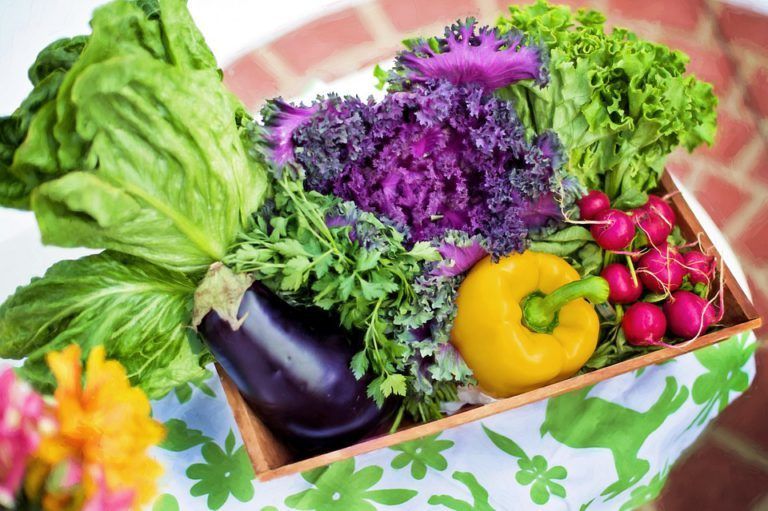Eating the correct food and following a good nutritious diet is crucial for everyone but it is even more important for seniors and those living with dementia. Studies have shown that while some foods boost memory, others actually increase risks for dementia. These same foods are linked to other serious health problems, making it that much more important to limit or remove them from a senior’s diet. Our brains needs its own fuel and requires healthy fats, fruits, vegetables and proteins which provide us with vitamins and minerals. By consuming too little of these foods and more processed food, sugar and complex carbohydrates, our bodies start producing more toxins. Studies suggest that these toxins can lead to inflammation, the build-up of plaques in the brain and, as a result, impaired cognitive function.
Changing dietary habits can be very difficult with seniors but start by eliminating foods that induce memory loss and stick to healthier options such as leafy green vegetables, salmon and other coldwater fish, berries and dark-skinned fruits, good quality coffee and chocolate, extra virgin olive oil or cold-pressed virgin coconut oil. Avoid processed meat and cheeses, white bread and pasta and anything rich in sugar. At Livewell, we focus on sourcing the best quality ingredients for our kitchen and place nutrition at the core of everything we do. We’ve put together a list of great recipes for you to try at home for your loved ones living with dementia.
Not only is eating well important for those living with dementia, it’s vital to remember that dementia can have a negative impact on self-feeding abilities, swallowing and appetite. So, whilst your focus as a carer might be solely placed on the food you serve, remember how important it is to watch out for any physiological changes associated with eating such as decreased thirst and hunger, loss of interest in food and distractions during mealtime. It’s a well-known fact in the dementia world that people living with dementia tend to lose weight. Liquefying good nutritious foods and serving them to your loved one with dementia in a drink or soup is a good way of ensuring nutrition for those who refuse to eat. Adding fresh fruits or a small amount of juice to water makes it easier for persons with dementia to see and may help initiate drinking.
There is a small group of people that not only pick up weight, but rather can’t stop eating. Overeating is a reason for concern and we’ve put together some informative information on this particular topic if you feel that this is something you are experiencing with a loved one living with dementia.
Now that you are aware about how important senior nutrition is, you can make the necessary changes to your meals regardless if your loved one has dementia or not. Try to make changes every day that will bring you closer to your goal of a healthy diet and a healthy life.
